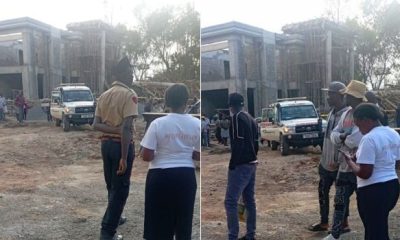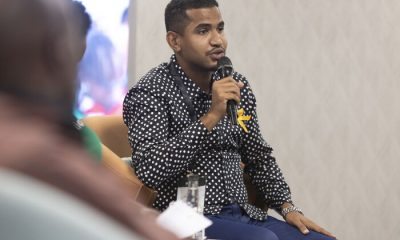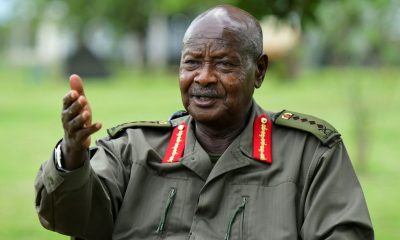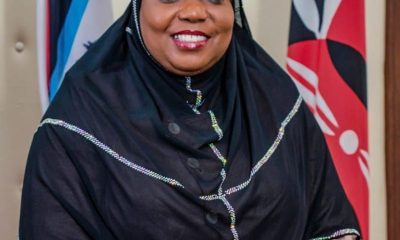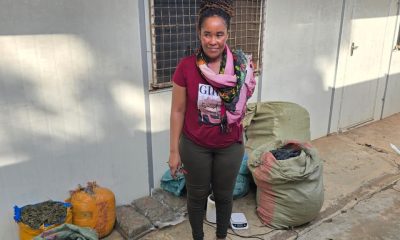Featured
Kenyan Activists Claim Ugandan Soldiers Wore Kenya Police Uniforms During Gen Z Protests
Two Kenyan activists have made explosive allegations of government collaboration in their unlawful detention, claiming Ugandan security forces actively participated in suppressing protests in Kenya while they were held incommunicado for over a month in a military facility.
ALSO READ: Kenyan Activist: Uganda Feared We’d Import Kenyan Gen Z Protests
Bob Njagi and Nicholas Oyoo, who were released after 38 days of detention at a Ugandan military installation in Kasenyi, Entebbe, told Citizen TV that their abduction was part of a coordinated effort between the Kenyan and Ugandan governments to silence dissent across the region.
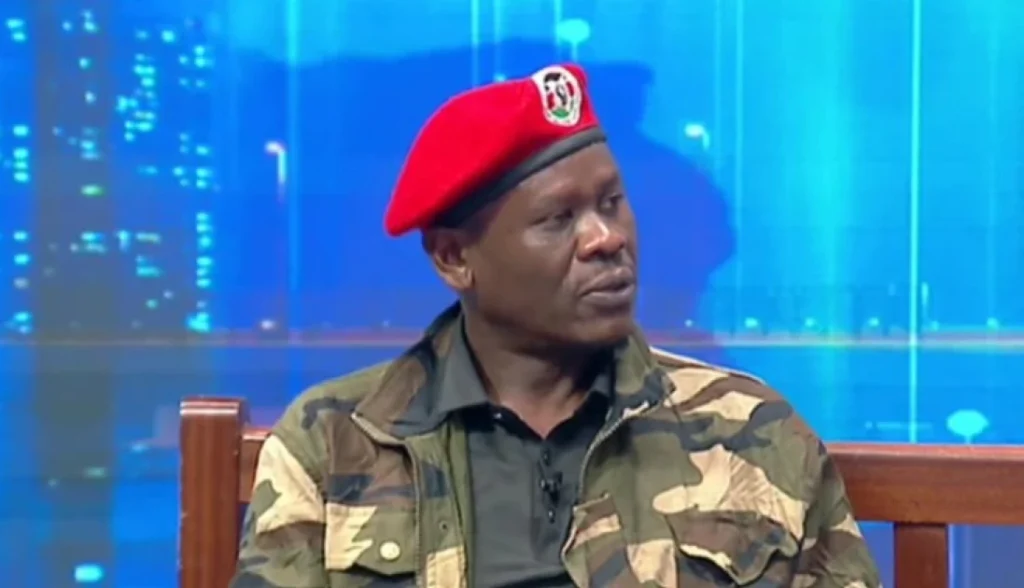
In revelations that raise serious questions about regional security cooperation, Njagi alleged that Ugandan soldiers were deployed to Kenya wearing Kenyan police uniforms during the Gen Z protests that rocked the country earlier this year. The claim suggests a level of cross-border security integration that goes far beyond publicly acknowledged arrangements.
The two activists described being seized by operatives from Uganda’s Special Forces Command and subjected to beatings before being held without communication in the military detention center. What they found inside painted a picture of a facility holding a diverse population of perceived government critics.
According to their account, they were detained alongside more than 150 Ugandan civilians, six Nigerian nationals, and one South African passport holder. Among the Ugandan detainees was reportedly the brother of Uganda’s Internal Affairs Minister, suggesting that even those with political connections were not immune from the facility’s reach.
The activists’ testimony has provided a breakthrough in at least one missing person case that has tormented a Ugandan family for months. Njagi specifically mentioned Sam Nsubuga, a Kibuye market trader who disappeared on August 14. Nsubuga’s family, including his daughter who uses the handle @Rakhia195795 on social media, has been searching desperately for him since his abduction.
While rumors had circulated that Nsubuga was being held at Kasenyi, the activists’ confirmation brings both relief and anguish to his family. His relatives have exhausted their resources in the search, leaving his children unable to attend school and his wife, who requires specialized medication, in increasingly precarious health as family funds dwindle.
Oyoo’s presence in Uganda at the time of his abduction appears to have been entirely innocent. He told Citizen TV that he had traveled to the country to make advance arrangements for Canadian friends planning to visit Uganda for gorilla trekking in January. His itinerary included booking hotels and meeting with contacts, among them fellow activist Agather Atuhaire, known on social media as @Mukulaa.
Instead of hospitality arrangements, Oyoo found himself detained in what he described as a “drone”—slang for an unofficial detention facility—for 38 days without due process.
The allegations raise profound questions about the nature of security cooperation between East African nations and the extent to which governments in the region are willing to collaborate in suppressing civil activism. If verified, the deployment of Ugandan military personnel in Kenyan police uniforms would represent an extraordinary breach of sovereignty and a troubling precedent for regional governance.
The presence of Nigerian and South African nationals in the facility suggests the scope of detention may extend beyond local dissidents to include foreign nationals, though the reasons for their detention remain unclear. The activists’ sardonic reference to “Pan-Africanism by all means necessary” highlights the irony of regional unity rhetoric being weaponized for collective suppression rather than collective progress.
Both the Kenyan and Ugandan governments have yet to respond publicly to these allegations. The claims come at a time when civic space across East Africa faces increasing restrictions, with activists and journalists reporting growing pressure from security agencies.
The case of Njagi and Oyoo joins a growing list of cross-border incidents that have raised concerns among human rights organizations about the erosion of legal protections and the normalization of extrajudicial detention in the region.
For families like the Nsubugas, the confirmation of their loved one’s location offers little comfort without action. Sam Nsubuga’s whereabouts are now known, but his freedom remains as elusive as ever, leaving his family to navigate the impossible choice between continuing an expensive search and abandoning hope altogether.
As questions mount about the legal basis for these detentions and the extent of inter-governmental coordination, the silence from official channels grows more conspicuous. What began as individual disappearances now appears to be part of a broader pattern—one that demands answers from the governments involved.
Follow us on X
-

 Education2 days ago
Education2 days agoKNEC Officially Opens 2025 KCSE Results Checking System
-

 Nairobi5 days ago
Nairobi5 days agoKenya’s Top 10 Wealthiest Individuals: Business Empires Spanning Key Economic Sectors
-
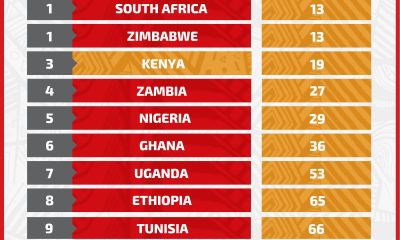
 Education4 days ago
Education4 days agoStudy Confirms Kenya’s Position as Africa’s Third-Best English-Speaking Nation
-
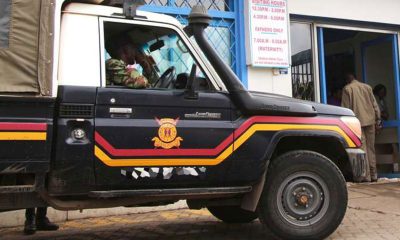
 Laikipia1 week ago
Laikipia1 week agoOfficer Offs Colleague at Laikipia Police Post
-

 Education1 day ago
Education1 day agoHow to Check Your 2025 KCSE Results Online: Step-by-Step Guide to KNEC Portal Access
-
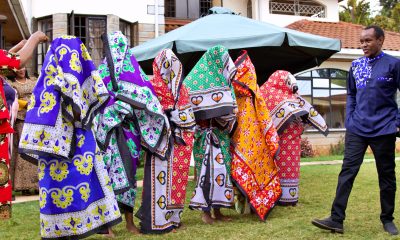
 Nairobi4 days ago
Nairobi4 days agoKenyans React as List Names 10 ‘Best Tribes to Marry Women From’ Goes Viral
-

 Education1 day ago
Education1 day agoCS Ogamba Releases 2025 KCSE Results: 993,226 Candidates Sit Exams, 1,932 Score Grade A
-
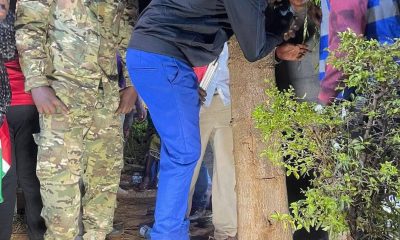
 Murang'a2 days ago
Murang'a2 days agoMurang’a Pastor Collapses Minutes Before Completing 80-Hour Tree-Hugging Record Attempt


